detail profile heinrich gretler

Riwayat Hidup
Heinrich Gretler (1897–1977) was a Swiss film and television actor, who also starred on stage at the Bernhard-Theater in Zurich.
Source: Article "Heinrich Gretler" from Wikipedia in English, licensed under CC-BY-SA 3.
0.
Info Pribadi
Peran Yang Di Mainkan Heinrich Gretler
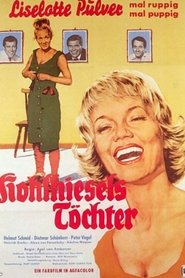 Landlord Kohlhiesl has two twin daughters...
Landlord Kohlhiesl has two twin daughters...Kohlhiesel's Daughters 1962
Landlord Kohlhiesl has two twin daughters that nevertheless couldn't be more different: Liesel is beautiful, feminine, sophisticated, educated and in love with a fellow, Toni, from back home. The other daughter, Susi, is clumsy, masculine, never left home and wants nothing to do with men. Liesel would dearly love to marry Tony, but her father refuses to allow the wedding until her sister Susi has found a husband first...
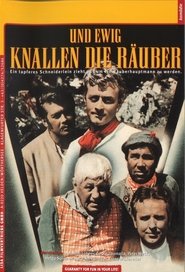 A meek tailor named Nickolaus decides...
A meek tailor named Nickolaus decides...Und ewig knallen die Räuber 1962
A meek tailor named Nickolaus decides to form a band of robbers to proof his manliness. Unfortunately he soon draws the attention of an actual gang-leader, Der Rote Rollo.
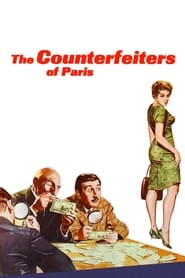 Le Dabe retired many years ago...
Le Dabe retired many years ago...The Counterfeiters of Paris 1961
"Le Dabe" retired many years ago and now he lives in the Tropics where he owns stables and horses. He is a very rich man. He was the king of all money counterfeiters. He is contacted from Paris to organize a new job. He says no. But when he finds out the the currency that should be counterfeited is the Dutch florin, he accepts immediately. He retired after having counterfeited 100 florin notes just before the Queen Wilhelmina retired them from circulation. He flies to Paris. But the gang is not to be trusted, at least not all of them.
 In 1942 a French prisonner of war...
In 1942 a French prisonner of war...The Cow and I 1959
In 1942, a French prisonner of war in Germany decide to escape to France using a cow hold by a lunge as a decoy. He cross all Germany in this way.
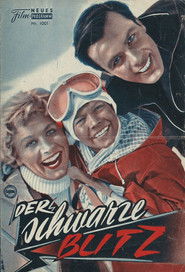 Michael Kirchner nicknamed The Black Lightning...
Michael Kirchner nicknamed The Black Lightning...Der schwarze Blitz 1958
Michael Kirchner, nicknamed "The Black Lightning", is a passionate alpine skier. Now he must eliminate the tough opponent Herbert Tanner to be the representative of the national team.
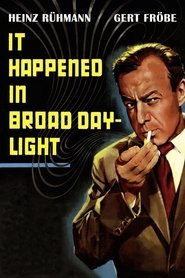 The search for a child murderer...
The search for a child murderer...It Happened in Broad Daylight 1958
The search for a child murderer drags a once-respected detective into an all-consuming obsession.
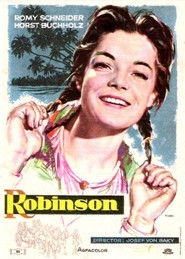 London in 1730 Charly Jim and Ben...
London in 1730 Charly Jim and Ben...The Girl and the Legend 1957
London, in 1730. Charly, Jim and Ben work hard, with the brave Maud, in a cotton mill to earn a few shillings. They all dream of the wonderful island told by Daniel Defoe. The latter lives in a miserable room. He is disgraced and rejected by his son Tom, a scoundrel who blames his father for losing his position at the Court ...
 Heidi lives with Alphi n the...
Heidi lives with Alphi n the...Heidi und Peter 1955
Heidi lives with Alp-Öhi n the Swiss Alps in the summer, where she helps Peter tend the goats. In winter, she stays in the village and attends school. One day, a letter arrives from Heidi's German friend, Klara Sesemann, announcing her visit. Klara indeed appears the next summer along with her grandmother and the prim governess Miss Rottenmeyer. Klara is quickly convinced to stay with Heidi, but Peter becomes resentful that Heidi now spends so little time with him...
 Heidi a young orphan girl living...
Heidi a young orphan girl living...Heidi 1952
Heidi, a young orphan girl living with her aunt in Frankfurt, is forced to move to the Swiss Alps to live with her ornery grandfather. At first, he resents her presence, but, after a short while, Heidi manages to pierce his gruff exterior, and the two become close. She also befriends a young shepherd named Peter. After three years, Heidi's aunt arrives and demands Heidi's return to Frankfurt.
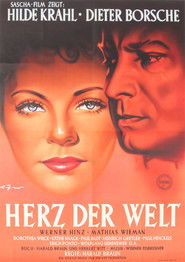 Directed by Harald Braun and told...
Directed by Harald Braun and told...No Greater Love 1952
Directed by Harald Braun and told from the perspective of Bertha von Suttner, the first female to receive the Nobel Peace Prize, The Alfred Nobel Story - No Greater Love chronicles the life of scientist, inventor, and businessman Alfred Nobel. Nobel built a massive fortune throughout his life, and while much if it was amassed by his inventions--dynamite being perhaps the most notable--he was also revered for his discoveries within the fields of science and economics. Upon his death, Nobel decided that his fortune was simply too great to continue in the form of an inheritance or single charitable donation, opting instead to use the money as reward for the greatest contributors to physics, chemistry, medicine, literature, and, of course, peace.
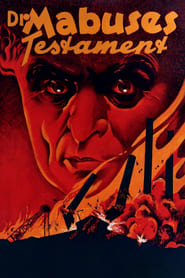 After a detective is assaulted by...
After a detective is assaulted by...The Testament of Dr. Mabuse 1933
After a detective is assaulted by thugs and placed in an asylum run by Professor Baum, he observes the professor's preoccupation with another patient, the criminal genius Dr. Mabuse the hypnotist. When Mabuse's notes are found to be connected with a rash of recent crimes, Commissioner Lohmann must determine how Mabuse is communicating with the criminals, despite conflicting reports on the doctor's whereabouts, and capture him for good.
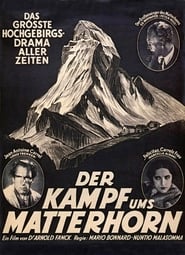 Struggle for the Matterhorn German Der...
Struggle for the Matterhorn German Der...The Fight for the Matterhorn 1928
Struggle for the Matterhorn (German: Der Kampf ums Matterhorn) is a 1928 German-Swiss silent drama film co-directed by Mario Bonnard and Nunzio Malasomma and starring Luis Trenker, Marcella Albani, and Alexandra Schmitt. The film is part of the popular cycle of mountain films of the 1920s and 1930s. Art direction was by Heinrich Richter. Based on a novel by Carl Haensel, the film depicts the battle between British and Italian climbers to be the first to climb the Matterhorn. Trenker later remade the film as The Challenge in 1938.

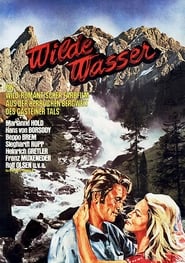
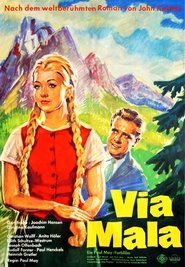
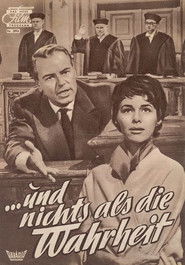
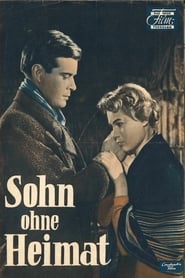
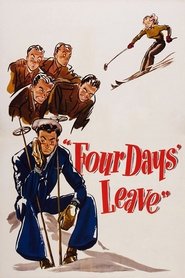 A sailor on leave meets a...
A sailor on leave meets a... Franz Biberkopf has served four years...
Franz Biberkopf has served four years...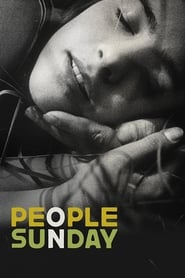 A semidocumentary experimental 1930 German silent film...
A semidocumentary experimental 1930 German silent film...